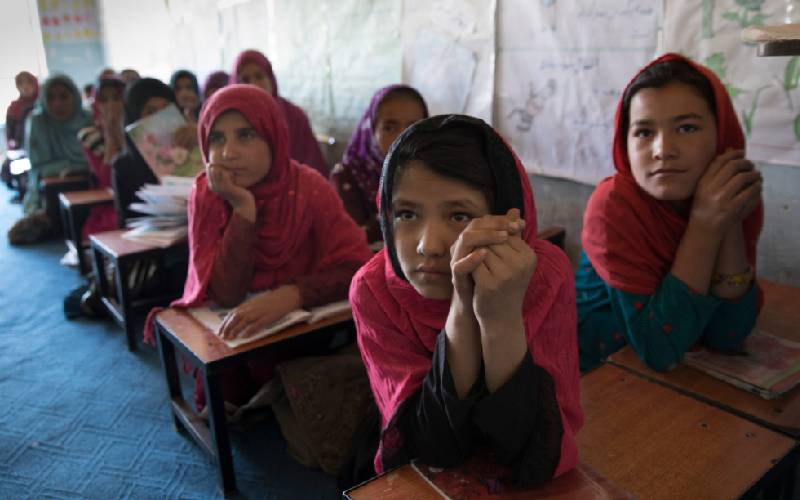×
The Standard e-Paper
Stay Informed, Even Offline

With meagre hopes of revival of the female education system in the country, many girls have opted to continue their education through online classes, taken secretly and without the permission or information of the Taliban, a step towards a brighter future, which may have serious life-threatening consequences.